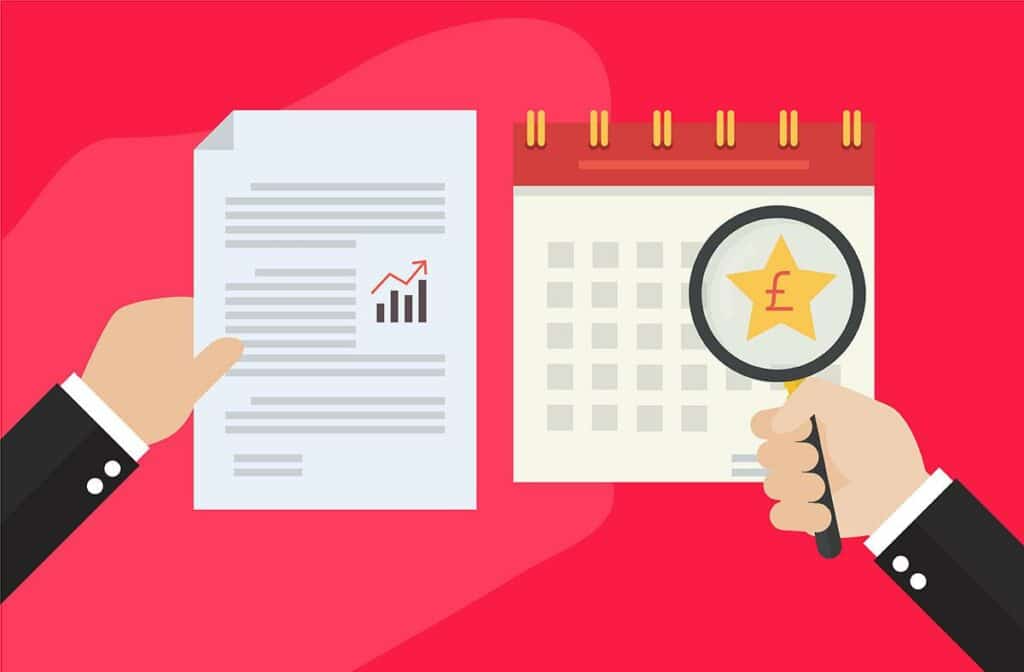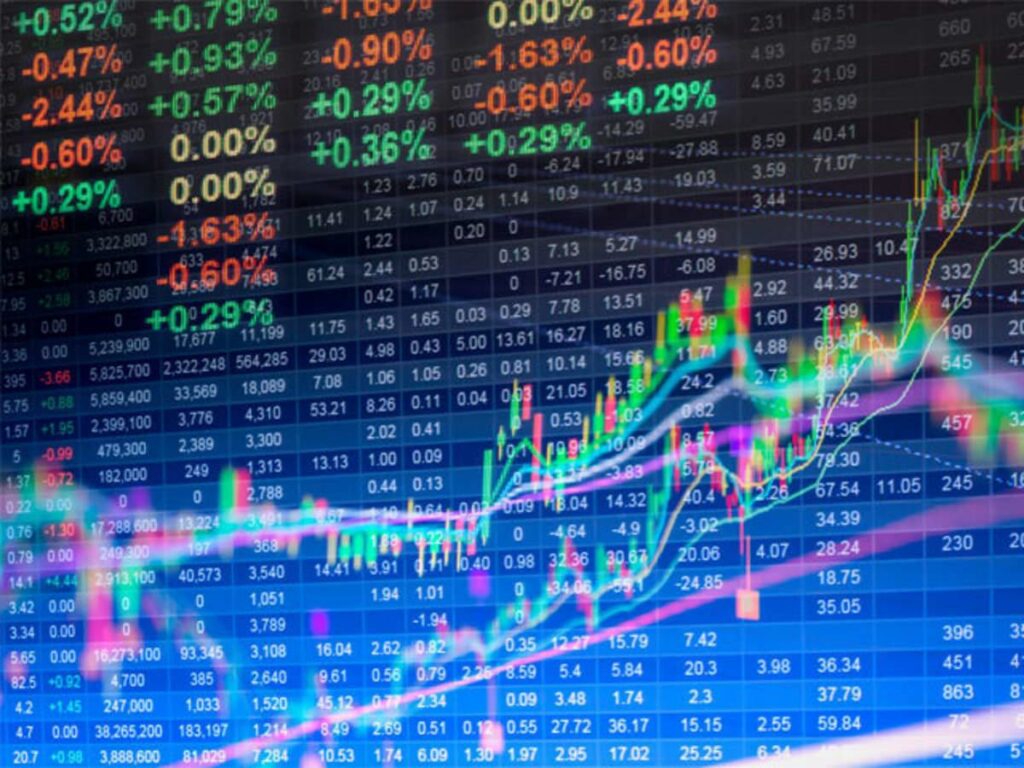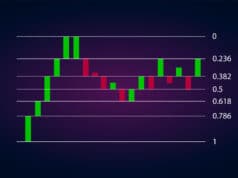While carrying out international deals, a company or an individual has to face the challenge of Forex risk. It is not possible to eliminate the risk in its entirety, but you can use certain techniques to protect yourself against the losses. Here, we shall look into one of these techniques in detail while also discussing its benefits and disadvantages.
What is a forward contract?
A forward contract is an agreement involving two parties where they are committed to transacting in a particular currency for another at a fixed exchange rate.
The date or time for this exchange is decided beforehand by the parties in question. The forward rate is the name given to the exchange rate at which the transaction is carried out.
The transaction occurs at a certain date which is known as the settlement date. If the investor’s position involves purchasing the contract, they are said to have taken a long position. Conversely, if they sell the contract with their position, it is known as short.

When is it used in Forex?
Forward contracts apply to those scenarios where the value of goods affected by the bank rates for the currencies. For instance, when a trader is purchasing goods from an overseas exporter, the transaction involves two distinct currencies, and in this situation, a forward contract may be used.
Forward contracts may also find usage in scenarios where an organization or individual wishes to buy an asset in a different country and complete the maintenance-related payments for the asset after acquiring it.
They may also be applicable when a person wants to enter an agreement with a bank to sponsor an overseas vacation or pay for education in another country.
Forward contract features
Here are some of the main features of a forward contract:
- Since they are non-standardized, you cannot trade in them by visiting an exchange. These transactions occur directly between a financial institution and a person using its services.
- There is a certain level of counterparty risk associated with a forward contract. This is mainly due to the absence of a bank agent or a clearing. Unlike stocks, their prices are not affected by demand and supply, rather the price is predetermined, and the transaction is scheduled to take place at a future date, thus enhancing the level of risk.
- Customization is the principal feature of a forward contract, and this means you cannot trade it in the secondary market.

Calculation of the forward rate
It is known to all that currency rates are heavily influenced by supply and demand. These forces are again influenced by several factors like GDP rate, inflation rate, financial policies, etc. However, the first two are generally considered the most vital.
The relationship between interest rate and the exchange rate is explained in the Interest Rate Parity Theory. If one nation has a lower interest rate in comparison to another, then the currency of the first nation is said to be at the forward premium.
If the bank rate for the Dollar is 5% and that for Yen is 11%, the dollar holds a premium against Yen by 11-5=6%. We can draw from this that Yen should have a discount against the Dollar by 6% approximately.
To better understand how the forward rate is calculated, let’s take the example of dealing that does not involve a currency. Let’s say Mr. X wishes to purchase a property within two years, and simultaneously, Mr. Y owns a property valued at $50,000 that he wants to sell within the same time span. In this scenario, a forward contract can be established between the two parties.
Imagine they agree to the price of the property to be $54,000 in two years. Thus Mr. X and Mr. Y initiate a forward contract where the former holds a long contract and holds a short contract. When two years are over, let’s assume the price of Mr. Y’s property is $61,000. But since he is bound to let it go for $54,000, Mr. X earns a gain of $7000.
It works similarly for currency forward contracts, where a certain party wishes to limit their exposure to exchange rate risk.

At times, a person enters such an agreement to settle a debt. However, a forward may also be opened when they expect a favourable movement in the price of the currency, thus generating a profit upon the closure of the deal.
Advantages and disadvantages
Some of the advantages of the forward contracts are:
- You can purchase now and pay at a later date.
- It’s possible to lock the current exchange rate for a future transaction.
- Allow risk reduction and hedging exposure.
- Easy to conduct.
- Not costly to maintain.
- Rollover can be performed if funds aren’t needed until the original transaction is settled.
Some of the disadvantages of the forward contracts are:
- Small deposits can tie up capital.
- You can miss out on profits in case the currency movement is favourable.
Difference between the forward contracts and futures contracts
The main difference between the two is that futures contracts are bought and sold at exchanges. These are traded publicly, and hence there is always a regulatory body overseeing the transactions. Before the agreed-upon expiry date arrives, public trading with futures is allowed.
Transactions in futures can be carried out for earning gains or simply due to one party changing his mind about the initial deal.
Conclusion
Over time, forward contracts are being adopted by more and more businesses and individuals. Prudent usage is assisting businesses in limiting their exchange rate exposure. It is also being used by the general public as an investment.




